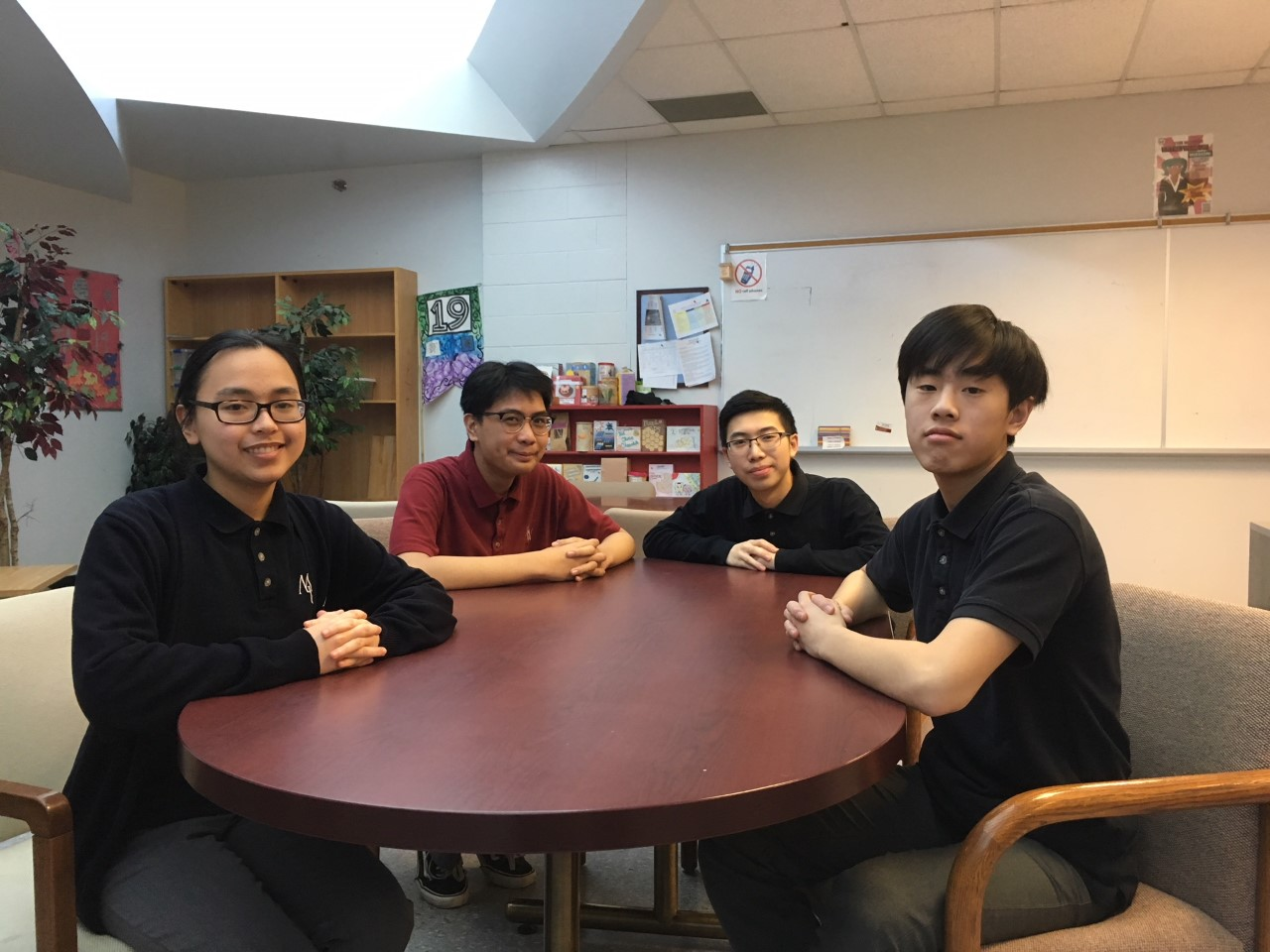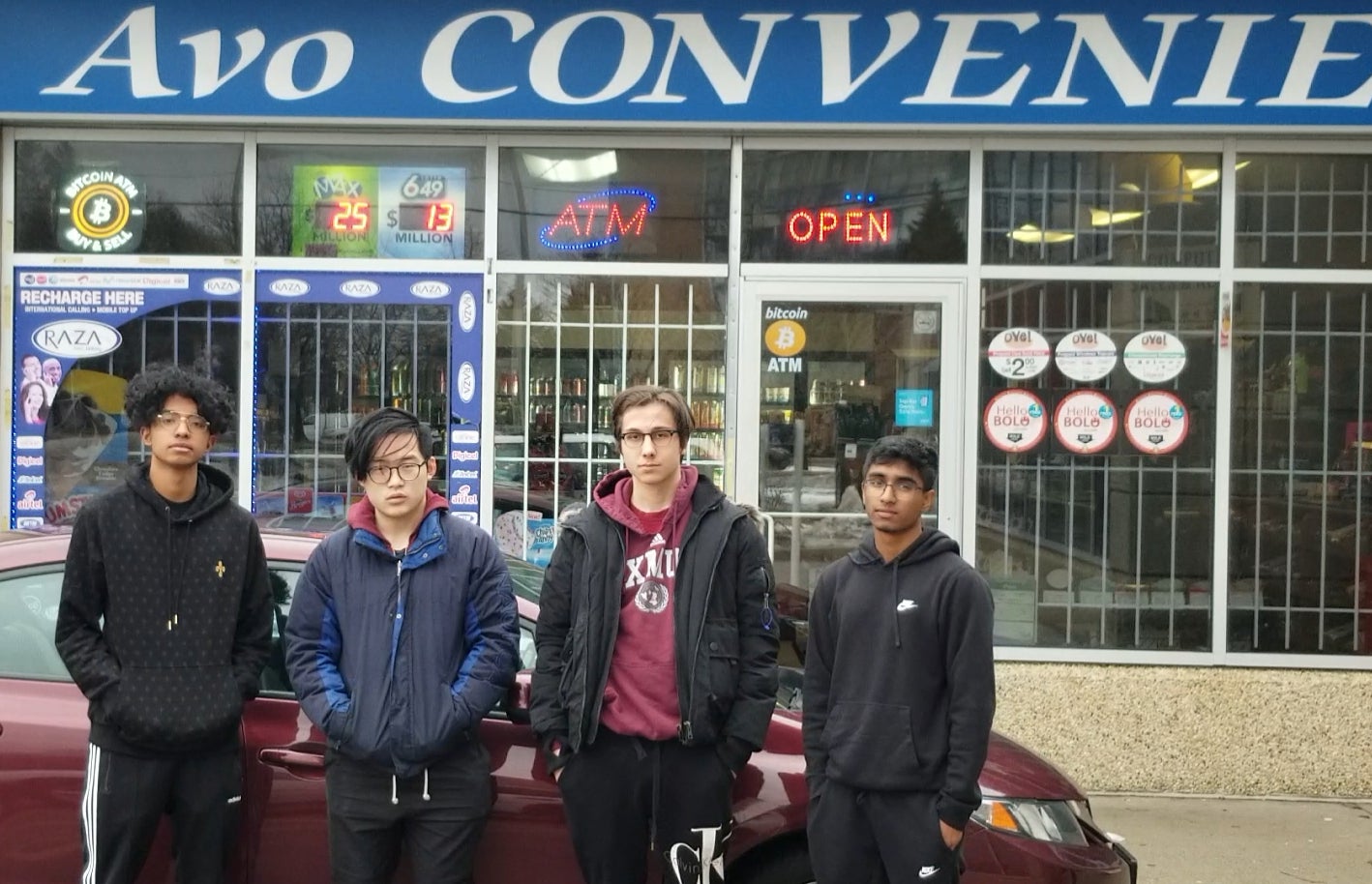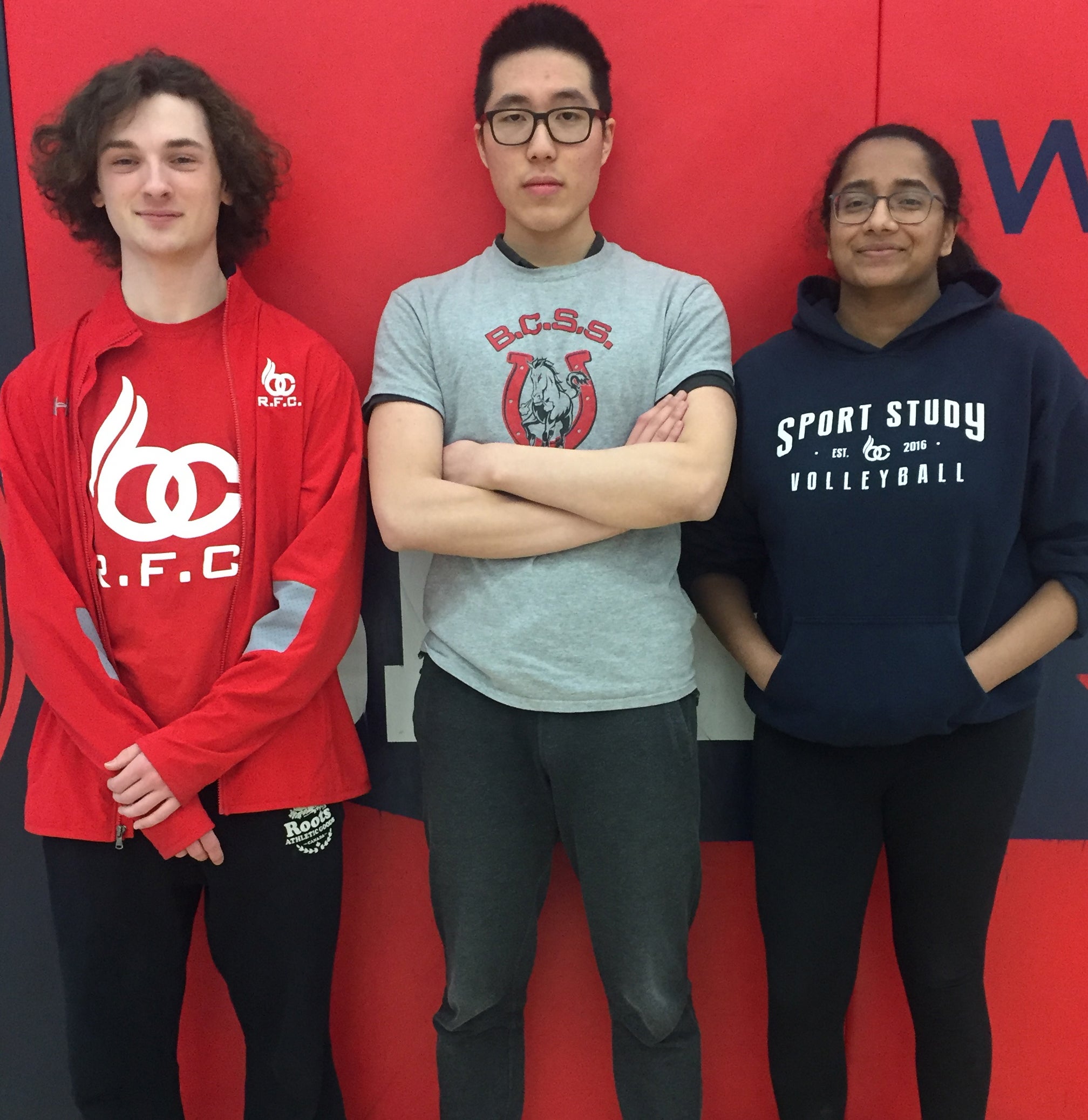Winners have been selected from the University's first virtual Industry 4.0 competition for secondary schools run by a team focused on promoting Waterloo’s management engineering program.
Team Conveyor Belt from Mary Ward Catholic Secondary School in Scarborough placed first, team Avo from St. Francis Xavier Secondary School in Mississauga came in second, and team BCSS1 from Bill Crothers Secondary School in Markham captured third in the one-day event held in February.
About 70 students on 17 teams from high schools across Ontario and Quebec competed in the inaugural competition designed to expose participants to the concepts of process optimization and data analytics, both of which are a focus of Waterloo’s management engineering program.
The challenge took teams through part of the production process of a remote-controlled car. Within an eight-hour period, members created a plan outlining their approach, submitted a written analysis and proposal for improvements, and prepared a short video presentation summarizing their work.
The creation of the Industry 4.0 team was an idea suggested by Ken McKay, a management sciences professor, to increase awareness of management engineering, apply skills students have learned in the classroom and gain experience involved in launching and running a competition.
“There are currently no engaging activities for high school students to learn about management engineering. The program is relatively new and not many students are aware of its existence and what it entails,” says Chloe Dickson, a third-year management engineering student and a director of the competition. “Our goal is to change that and get more people interested in this amazing and highly in-demand field.”
Part of the Sedra Student Design Centre, the team’s 45 team members are mainly management engineering students.

Industry 4.0 team members from top left: Sidhant Vashist, Chloe Dickison, Remi Shah, Ken McKay (the team's faculty advisor), Nina DeSouza and Hashim Vekar. From bottom left: Hannah Cranham, Joshua D’Souza, Zoe Nahmiash, and Deanna Danelon.
Dickson says this year’s competition was limited to schools with which team members have a connection, but will be open to high schools across Canada starting next year.
“Many of the students who participated mentioned that they loved how challenging and engaging the competition was,” says Dickson.
The main advantage of holding a virtual competition in which all teams competed at their own schools rather than on Waterloo's campus was that Industry 4.0 members avoided the large amount of logistical work that goes hand-in-hand with a physical event. Another advantage was that distance wasn't a factor for high schools in determining whether or not to compete.
"We had multiple teams participate from Quebec that most likely would not have been able to do so had the competition been held at the University,” says Dickson.
The competition sponsors were Oculys Health Informatics and MAJik Systems, both of which have Waterloo Engineering connections.
Oculys provided cash prizes for the top three teams and MAJik will provide guaranteed co-op interviews for any members of the top three teams who enroll in Waterloo’s management engineering program in the upcoming years.
Winning teams from top: Conveyor Belt from Mary Ward Catholic Secondary School in Scarborough, Avo from St. Francis Xavier Secondary School in Mississauga, and BCSS1 from Bill Crothers Secondary School in Markham.


